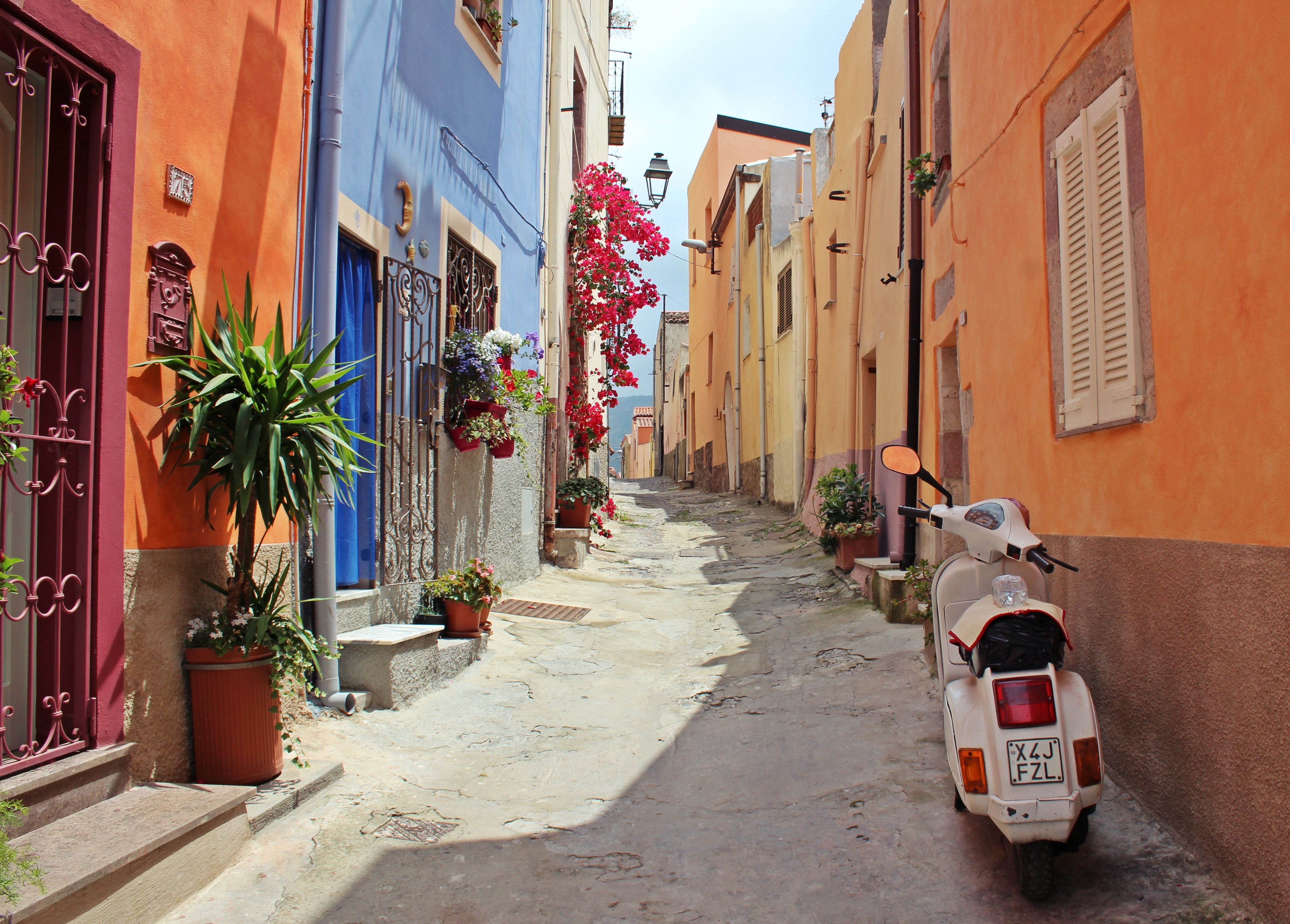
This italian town just banned people from getting sick
Amid worsening healthcare shortages in southern Italy, the mayor of Belcastro, a small town in Calabria, issued an unusual decree to draw attention to the crisis: he “banned” residents from falling seriously ill. While this might seem like a whimsical proclamation, it underscores a grim reality for Belcastro’s aging population and other remote Italian communities struggling with inadequate medical resources.
Belcastro Mayor Antonio Torchia’s ordinance humorously instructs residents to avoid activities that could lead to illness or accidents, advising them to stay home and avoid risks. While not enforceable, the proclamation is more than a joke.
“This is not just a provocation,” Torchia told Italian TV. “The ordinance is a cry for help, a way to spotlight an unacceptable situation.”
The situation in Belcastro is dire. The town, with a population of about 1,200 residents, half over 65, lacks access to emergency healthcare services. Its local clinic is frequently closed, emergency care is unavailable overnight or on holidays, and the nearest hospital is 45 kilometers away in Catanzaro.
The crisis in Belcastro mirrors broader healthcare struggles across Calabria, one of Italy’s poorest regions. The region faces severe doctor shortages, with only 1,700 general practitioners for nearly two million residents. As a result, one in five Calabria residents travels to other parts of Italy for medical treatment, according to recent data.
Since 2022, the government has enlisted hundreds of Cuban doctors to address this shortfall. However, experts estimate Calabria still needs at least 2,500 more doctors to meet standard healthcare demands.
Italy’s healthcare challenges are not confined to Calabria. The country loses about 1,000 doctors annually as many leave for better opportunities abroad. This physician “brain drain” has placed Italy among the European nations most affected by emigration in the medical sector.

Photo: unsplash.com/@curatedlifestyle
The implications of these shortages are especially dire for small towns like Belcastro. Without access to essential services, such towns risk becoming uninhabitable. Mayor Torchia warned that without urgent intervention, “these villages will die within ten years.”
The humorous tone of Mayor Torchia’s decree cannot overshadow its profound message. Italy’s healthcare system is at a breaking point, particularly in underserved areas. This crisis demands urgent attention from local and national authorities to ensure residents of all regions can access the medical care they need.
Belcastro’s plight poignantly reminds us of the challenges facing small towns across Italy and the need for systemic solutions to prevent further decline in essential services.


